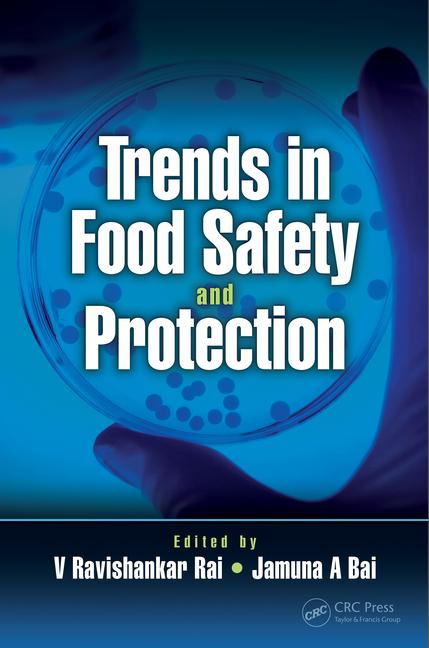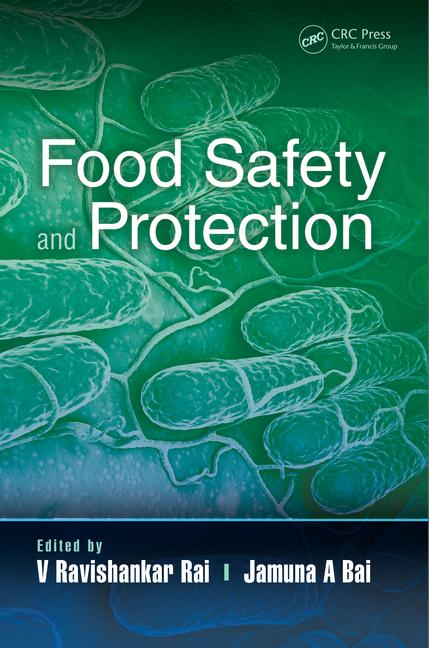Protection against Food Illness Claims
Many food companies probably believe that, because of their position in the food supply chain, they are insulated from liability in the case of food-related illnesses. However, a recent case underscores that the courts are casting the net of food illness liability as broadly as possible.
The Castellini Company purchased onions from farmers. Sysco Corporation then distributed the onions to Chi Chi’s Mexican Restaurant chain. The onions were tainted with Hepatitis A and resulted in the injury or death of hundreds of people.
Chi Chi’s arbitrated its claim against Sysco. The arbitrator found that Sysco was “an essentially innocent seller/warehouseman/carrier” and that it had not been negligent. However, the arbitrator found that the contamination of the onions was a breach of the warranties in the Sysco/Chi Chi contract, and awarded Chi Chi’s over $50,000,000 in damages.
General liability policies provide coverage for food-related illness and death. The above case resulted in a battle among the insurers of the parties as to which one was ultimately responsible for the damages. Food companies must realize that it is critical to have the right insurance in place. In one case, a food company did not know that it had a ‘communicable disease’ exclusion in its policy until after it began to receive claims. It is also important to have enough insurance. Food illness can create catastrophic damages, and a $1,000,000 policy limit may not offer much protection.
Insurance is also critical to the food supply chain. In a recent case, consumers sued Costco as a result of contaminated cheese that it had received from Bravo Farms. However, Costco requires that all of its vendors name it as an additional insured on their policies, and Costco proceeded directly against Bravo Farm’s general liability insurer—which then denied coverage, asserting that it had canceled the Bravo Farms policy before the outbreak of illness caused by the cheese.
These developments may not augur well for smaller companies in the food supply chain. Retailers like Costco may insist that their suppliers, and their suppliers’ suppliers, have substantial limits of excess coverage available in case of food illnesses. This could add significantly to the cost of insurance. Moreover, while general liability policies protect against illness, they generally do not protect against the economic cost of food recalls. A niche market in food recall policies has developed to fill this gap, but food recall policies tend to be expensive. Food retailers could also insist that their suppliers purchase food recall insurance.
Insurance is a much higher priority for food companies than it was just a few years ago. Food companies must work carefully with their insurance brokers or consultants to protect themselves. If a company does receive a food recall or illness claim, it should immediately retain experienced coverage counsel to navigate through the difficult insurance coverage issues that surround these claims.
Robert D. Chesler is a member of the Lowenstein Sandler PC law firm’s Roseland, NJ office.
Looking for a reprint of this article?
From high-res PDFs to custom plaques, order your copy today!








